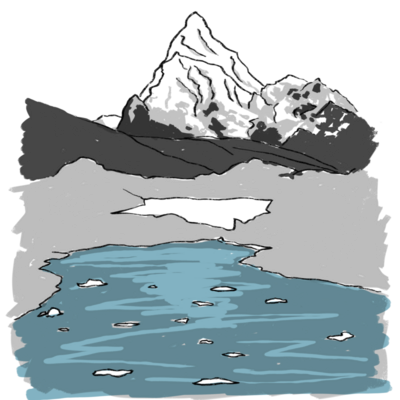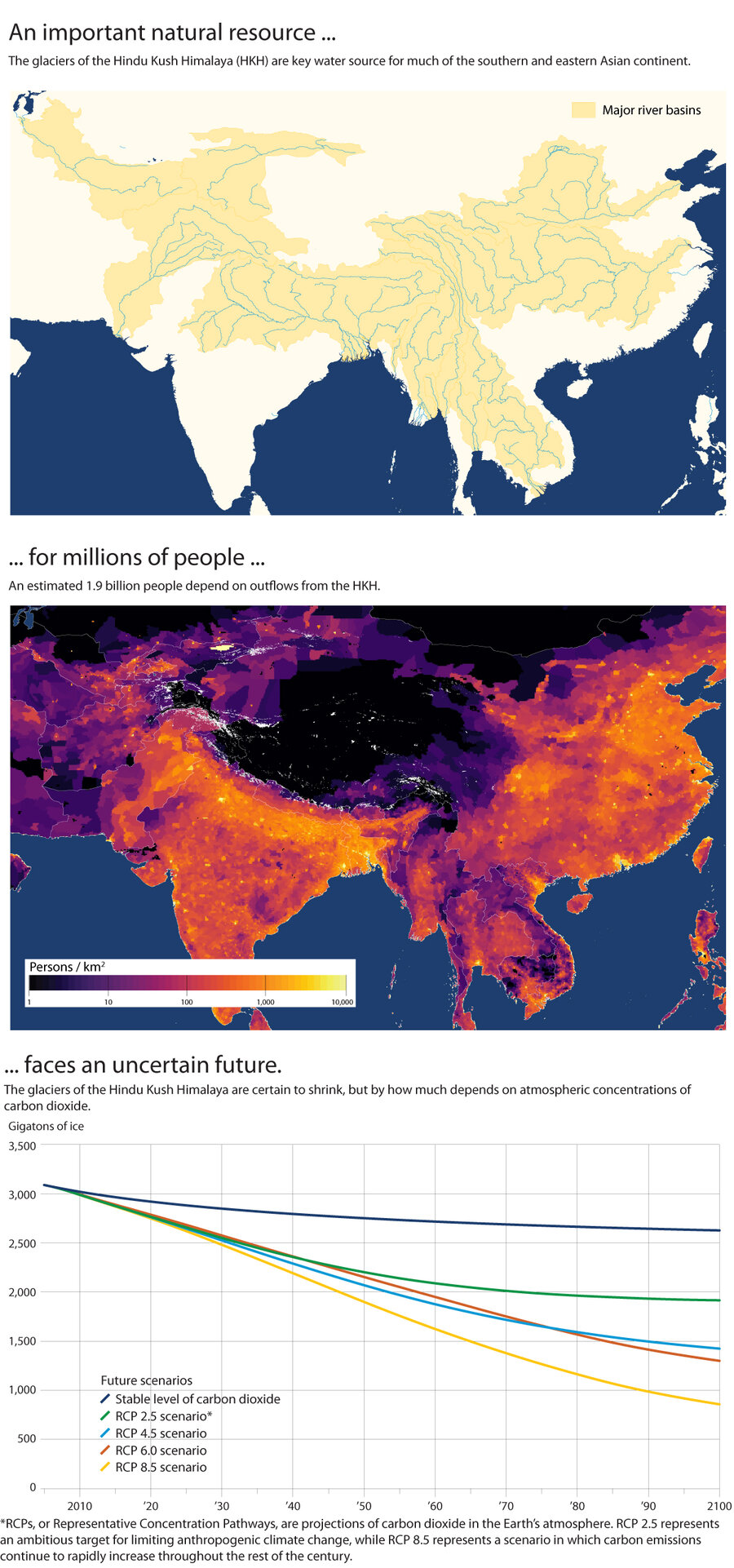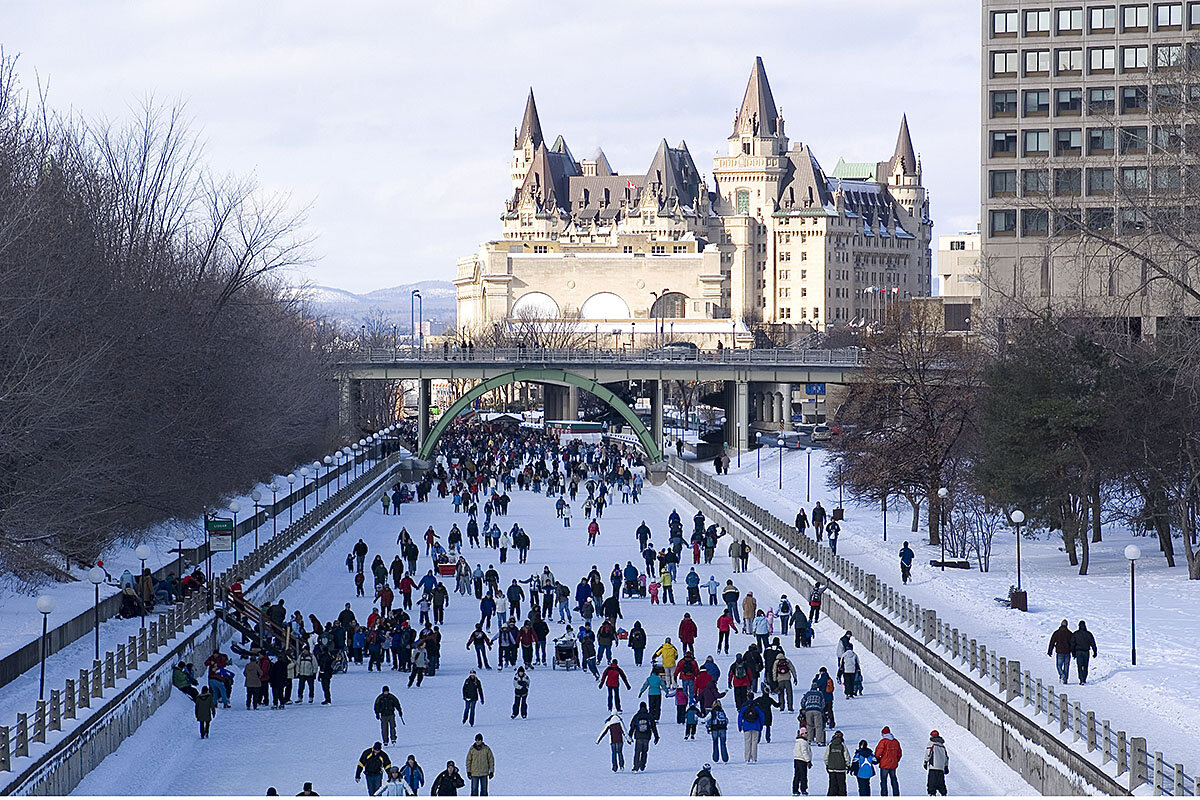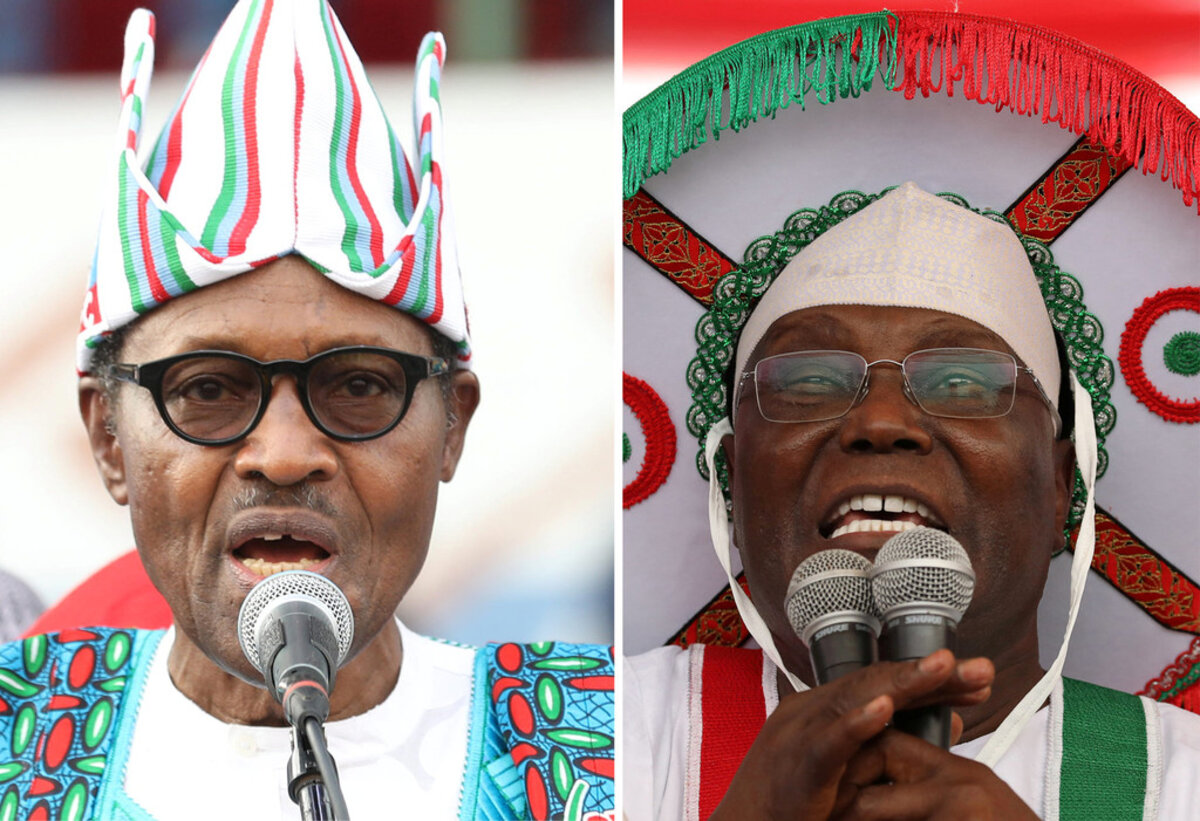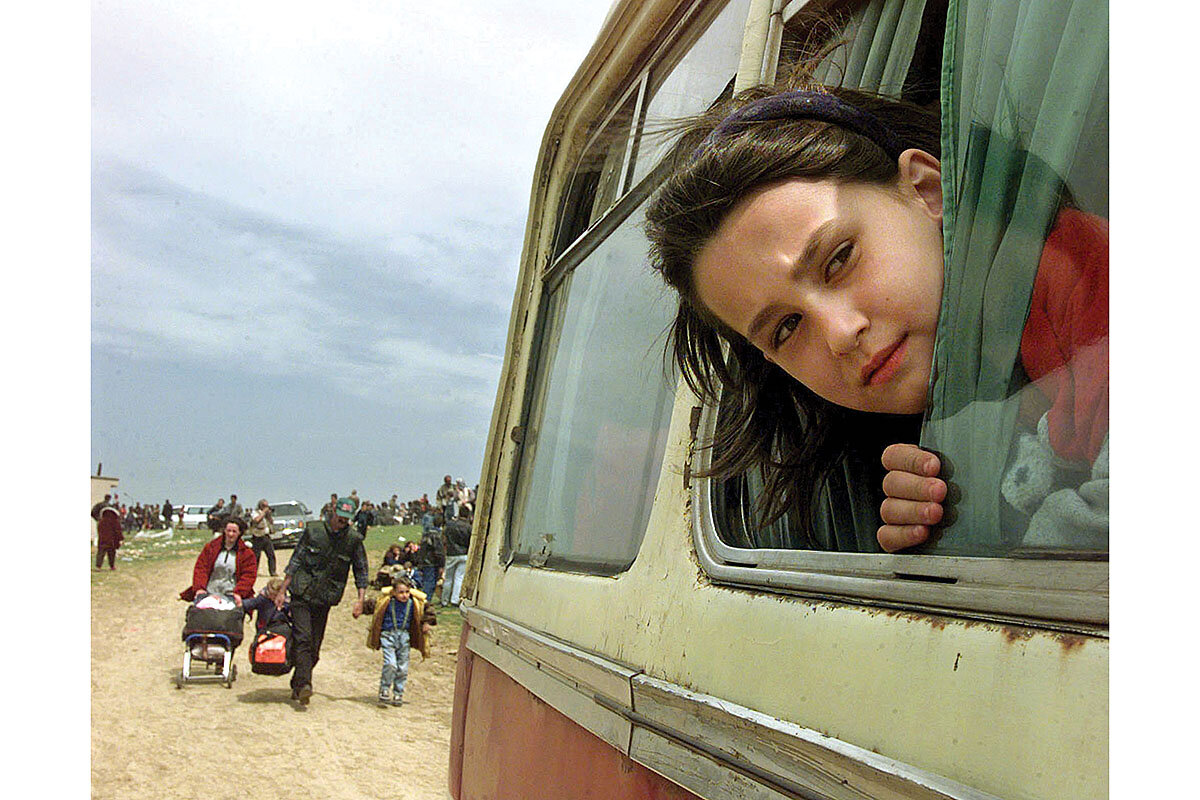Finding a path to peace involves taking risks and building trust. In Afghanistan, the US seems eager to end its longest war, and Afghans yearn for peace. Despite some hopes, issues of trust loom large.
Monitor Daily Podcast
- Follow us:
- Apple Podcasts
- Spotify
- RSS Feed
- Download
 Peter Grier
Peter Grier
By declaring a national emergency to build his border wall, President Trump may have just made it easier for future US presidents to take the easy way out.
Being president can be hard; it’s designed to be. Negotiating with Congress over your priorities can be lengthy, contentious, and center on minute details. Given the network of competing powers established by the United States Constitution, you’re almost guaranteed to fall short of your goals.
Just signing a declaration would be so much less trouble – and more effective, in terms of enacting your plans.
Mr. Trump’s emergency declaration is his way of trying to bypass a frustrating situation, in which he has gotten much less than he wanted for his border wall, and do what he wants.
Is it a true emergency? He said on Friday the US is facing an “invasion” of criminals and drugs. But border crossings are at record lows, according to government figures. Democrats say the emergency is political, not real.
And a Trump expansion of the meaning of “emergency” could provide future presidents a shiny new tool. Climate change? That’s a big issue. Solutions might be difficult, expensive, and really hard to hammer out with lawmakers. Declaring an emergency and acting unilaterally? That would be tempting – and a whole lot easier.
Federal courts will certainly rule on Trump’s decision. But the law gives chief executives a huge amount of leeway to make national security decisions.
If Trump prevails, it will be a major, maybe unprecedented, expansion of American presidential power.
Now to our five stories for today, which range from difficult negotiations of a different sort in Afghanistan to ice skating on Ottawa’s Rideau Canal.







